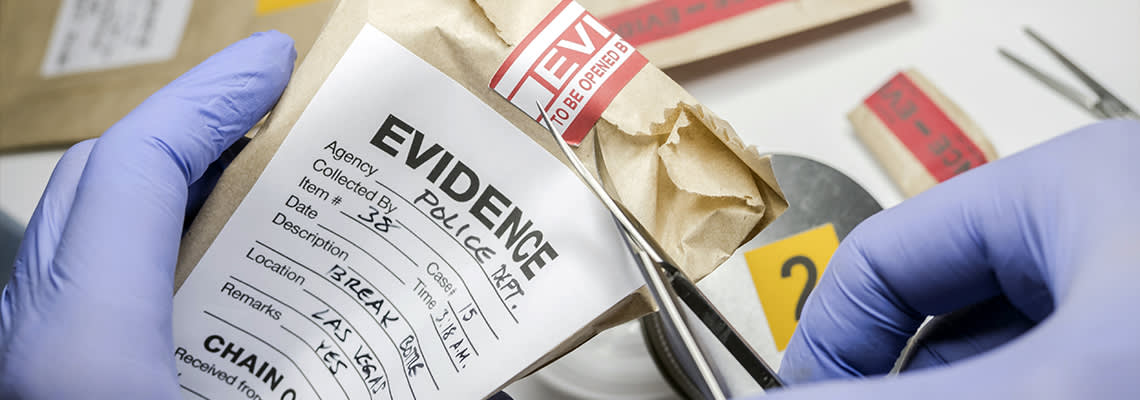
What Evidence is Admissible in a Contract Dispute?
Contract disputes can be quite costly and disruptive for any business. While some disputes can be resolved fairly quickly, others may require litigation. If you are facing a dispute involving a contract, you probably want to know what evidence can be used to prove your case. Not all types of evidence are admissible in courts. If a piece of evidence is deemed inadmissible, the court will refuse to consider it.
If you are involved in a contract dispute, consider speaking with a business litigation attorney. At Uloth, P.C., I have the necessary experience and resources to help you collect admissible evidence and build a strong case on your behalf. I have handled numerous contract disputes for individuals and businesses in Dallas, Texas, as well as throughout the state, including Plano and Addison.
Common Contract Disputes
The following often become issues that cause contract disputes:
Definition of contract terms
Breach of contract
Contract errors or omissions
Noncompliance with contractual obligations
Improper execution of the contract
Coercion or fraud
Disputes may arise when dealing with the following types of contracts:
Non-Disclosure Agreements
Non-Compete Agreements
Company Contracts
Commercial Leases
Consumer Contract Disputes
General Material Breach
Sale of Goods Contracts
Admissible Evidence in Contract Disputes
There are only four types of evidence that are admissible in court when handling contract disputes:
Real. In contract dispute cases, the only real evidence is usually the contract signed between the parties to the dispute.
Testimonial. This type of evidence is provided by witnesses from either side. Witnesses can provide testimony on behalf of the plaintiff (the party who filed the lawsuit) or the defendant (the responding party).
Documentary. This type of evidence comes in the form of recorded documents. The documents are used to prove or disprove the issue that is in dispute.
Demonstrative. This type of evidence refers to the physical evidence that supports either side’s claims. It usually offers a physical illustration of the fact in dispute.
General Rules of Admissibility
In contract dispute cases, the general rules of admissibility are governed by three main factors:
Relevance. The presented evidence must be relevant to the case to be admissible.
Materiality. The evidence presented by either party must have some logical connection to the dispute.
Competence. The evidence is considered competent if it tends to prove the matter in dispute.
The Parol Evidence Rule
Under the parol evidence rule, which applies to written contracts, parties to a dispute cannot submit any “extrinsic” evidence during disputes. In other words, the parol evidence rule requires parties to use evidence related to the written contents of the contract in dispute. The parol rule applies to contracts that were either finalized or integrated.
However, there are certain exceptions to the parol evidence rule, including:
Contract terms are unclear, missing, or ambiguous. In that case, parties may have to use outside evidence to clarify the terms of the contract.
There is an integrated collateral contract. The contents of the collateral agreement should not contradict the contents of the original contract.
Fraud or coercion. Parties can submit outside evidence to demonstrate that they were coerced or fraudulently induced into entering the agreement.
Parties may also use other types of written and oral evidence, such as letters and agreements that were made before or after the finalization of the existing contract.
How Legal Counsel Can Help
Having a contract dispute can disrupt projects and interfere with the operation of your business. Resolving a contract dispute may require a tremendous amount of time, effort, and expenses, especially if you do not know what is involved in negotiations and litigation. The outcome of your contract dispute depends on the strength of your case and the availability of evidence that supports your claims. For this reason, it’s important to seek out legal counsel to help you resolve your dispute in the best manner possible.
As a business attorney in Dallas, Texas, I have represented individuals and businesses in contract disputes for decades. Contact Uloth, P.C., to discuss your particular case and help you understand what types of evidence you can use in your contract dispute.